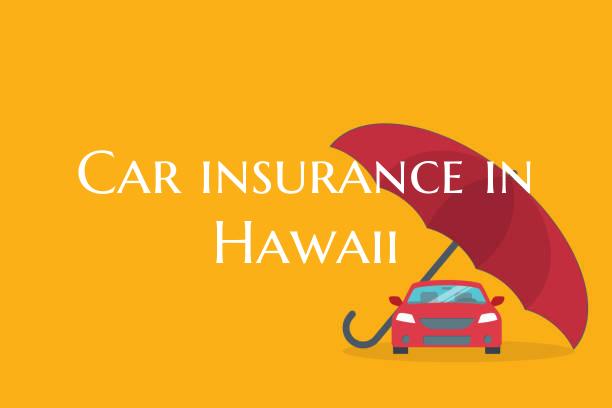Car Insurance in Hawaii: Everything You Need to Know
Hawaii, known for its stunning landscapes and beautiful beaches, is not just a dream destination for vacationers but also home to many residents who rely on their cars for daily transportation. If you own a car in Hawaii, having adequate car insurance is not just a legal requirement but also essential for your peace of mind. Here is everything you need to know about car insurance in Hawaii:
1. Minimum Coverage Requirements: Like most states, Hawaii requires drivers to have a minimum amount of car insurance coverage. In Hawaii, drivers must have liability coverage that includes at least $20,000 per person and $40,000 per accident for bodily injury, and $10,000 for property damage.
2. Additional Coverage Options: While meeting the minimum requirements is necessary, it is often advisable to consider additional coverage options to protect yourself financially in case of accidents or other unforeseen events. Some common additional coverage options include comprehensive coverage, collision coverage, uninsured/underinsured motorist coverage, and personal injury protection (PIP).
3. Factors Influencing Insurance Costs: Several factors can influence the cost of car insurance in Hawaii. These may include your driving record, the make and model of your car, your age and gender, your credit score, and even where you live in Hawaii. It's a good idea to shop around and compare quotes from different insurance providers to find the best coverage at a competitive price.
4. Discounts and Savings: Insurance providers in Hawaii may offer various discounts that can help you save money on your car insurance premiums. These discounts could be for having a safe driving record, bundling multiple policies, taking a defensive driving course, or having safety features installed in your car. Be sure to inquire about any discounts you may be eligible for.
5. Dealing with Accidents: If you are involved in a car accident in Hawaii, it's important to know what steps to take. This includes exchanging information with the other drivers involved, documenting the scene of the accident, filing a police report if necessary, and contacting your insurance provider promptly to report the incident.
6. Penalties for Driving Without Insurance: Driving without valid car insurance in Hawaii can result in significant penalties, including fines, license suspension, and even vehicle impoundment. It's crucial to maintain the required insurance coverage at all times to avoid these consequences.
In conclusion, having the right car insurance in Hawaii is essential for protecting yourself, your vehicle, and others on the road. By understanding the minimum requirements, exploring additional coverage options, seeking discounts, and knowing how to deal with accidents, you can ensure that you are adequately covered and compliant with Hawaii's car insurance laws. Stay safe and enjoy the ride in the Aloha State!

